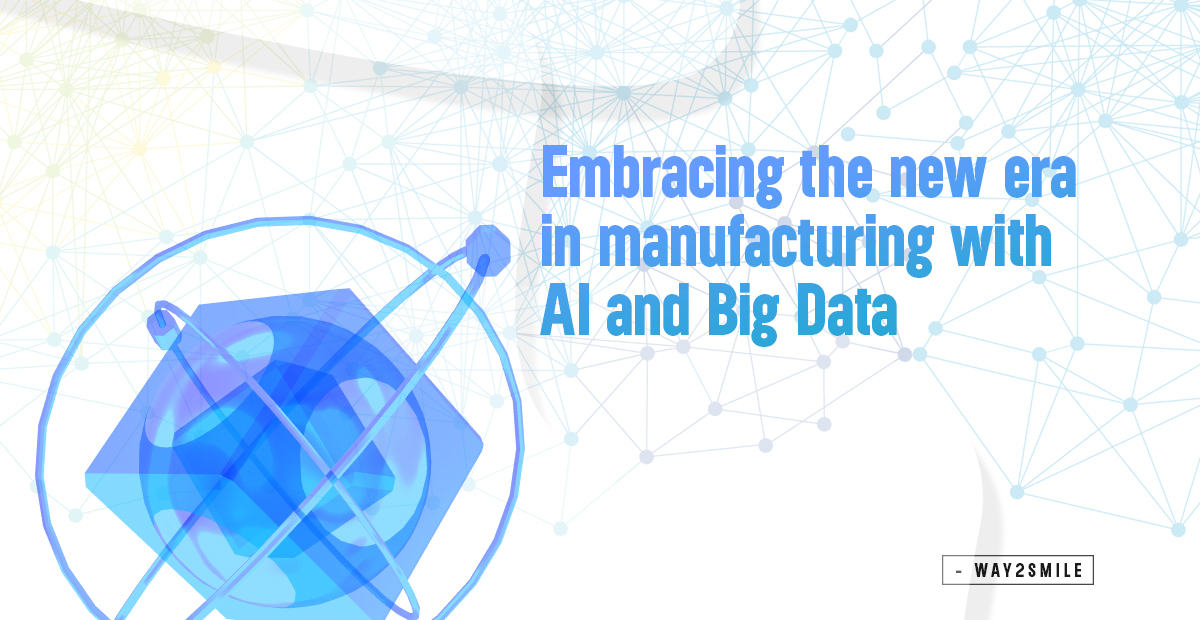The world of technology has witnessed two groundbreaking advancements in recent times - Artificial Intelligence (AI) and cloud computing. While each has made a major impact on its respective domain, the integration of these two has unlocked a new level of potential, transforming how businesses operate and data is handled. This article helps you to get into the benefits and applications of this powerful synergy, exploring how AI empowers cloud computing.
Key Takeaways
Integrating AI with cloud computing improves scalability and efficiency, transforming how businesses operate and handle data.
AI in cloud computing optimizes resource usage, automates tasks, and enables predictive analytics, resulting in significant cost savings.
AI-driven algorithms enhance cloud security, swiftly identifying and addressing threats to safeguard sensitive data.
AI analyzes data to provide actionable insights, empowering organizations to make informed decisions and improve operational effectiveness.
From analytics to healthcare and autonomous vehicles, AI-integrated cloud computing drives innovation across industries, enabling businesses to stay competitive and serve customers better.
What is AI-integrated Cloud Computing?
AI-integrated cloud computing (Artificial Intelligence in Cloud Computing) is the fusion of artificial intelligence capabilities with cloud computing infrastructure and services. In this collaboration AI algorithms and models are deployed and executed within cloud environments, leveraging the scalability, flexibility, and computational power of the cloud. This integration enables organizations to harness the transformative potential of AI for tasks such as data analysis, predictive modeling, natural language processing, and machine learning.
By combining cloud computing with AI, businesses can benefit from enhanced efficiency, cost savings, improved decision-making, and innovation. AI-integrated cloud computing facilitates the automation of repetitive tasks, personalized user experiences, predictive maintenance, and advanced analytics, thereby driving digital transformation across various industries. Ultimately, this convergence ensures that cloud technology will continue to influence and change global enterprises in the coming years.
Benefits of Integrating AI in Cloud Computing
1. Scalability and Flexibility: Cloud computing offers scalability and flexibility, allowing businesses to adjust computing resources based on demand. Integration of AI further enhances this scalability by optimizing resource allocation, ensuring efficient utilization of cloud infrastructure.
2. Cost Efficiency: AI-integrated cloud computing optimizes resource allocation and automates processes, leading to significant cost savings. By using AI for predictive analytics and resource optimization, organizations can minimize wastage and streamline operations, thereby reducing overall expenses.
3. Enhanced Security: Security is very important in the digital age, and AI plays a key role in bolstering cloud security measures. AI-powered algorithms can detect and mitigate security threats in real-time, ensuring robust protection of sensitive data stored on cloud servers.
4. Improved Decision-Making: AI algorithms analyze vast datasets to extract actionable insights, empowering organizations to make data-driven decisions. By integrating AI into cloud computing, businesses can harness the power of big data analytics to gain valuable insights into market trends, customer behavior, and operational efficiency.
5. Automation of Repetitive Tasks: AI-integrated cloud computing automates mundane and repetitive tasks, freeing up human resources to focus on more strategic initiatives. From data entry to customer support, automation enhances efficiency and productivity across various business functions.
6. Personalized User Experiences: AI algorithms analyze user data to deliver personalized experiences, enhancing customer satisfaction and engagement. By integrating AI into cloud-based applications, businesses can tailor products and services to meet the unique preferences and needs of individual users.
7. Predictive Maintenance: In industries such as manufacturing and healthcare, AI-integrated cloud computing enables predictive maintenance, minimizing downtime and optimizing asset utilization. By analyzing sensor data and machine telemetry, AI algorithms can anticipate equipment failures before they occur, facilitating proactive maintenance strategies.
8. Innovation and Competitive Advantage: AI-integrated cloud computing fosters innovation by enabling experimentation and rapid prototyping. Cloud-based AI services, with the integration of quantum computing capabilities, provide access to advanced and innovative technologies such as machine learning and natural language processing.
Applications of AI-integrated Cloud Computing
1. Business Intelligence and Analytics: AI-integrated cloud platforms enable advanced business intelligence and analytics, allowing organizations to derive actionable insights from complex datasets. From sales forecasting to customer segmentation, AI-powered analytics drive informed decision-making and strategic planning.
2. Natural Language Processing (NLP): NLP applications hosted on cloud platforms leverage AI algorithms to understand and process human language. From virtual assistants to chatbots, NLP facilitates seamless communication between humans and machines, enhancing user experiences across various applications.
3. Image Recognition and Computer Vision: AI-powered image recognition and computer vision applications hosted on cloud infrastructure enable automated analysis of visual data. From facial recognition to object detection, these applications find diverse applications in industries such as retail, healthcare, and security.
4. Recommendation Systems: E-commerce platforms leverage AI-integrated cloud computing to deploy recommendation systems that personalize product recommendations based on user preferences and past behavior. These systems enhance user engagement and drive sales by offering relevant and timely product suggestions.
5. Autonomous Vehicles: The integration of AI and cloud computing is driving innovation in the field of autonomous vehicles. Cloud-based AI services enable real-time data analysis and decision-making, facilitating the development of self-driving cars and other autonomous systems.
6. Healthcare Diagnostics: AI-integrated cloud computing is improving healthcare diagnostics by enabling the analysis of medical imaging data and patient records. From disease detection to treatment planning, AI-powered diagnostic systems enhance clinical decision-making and patient outcomes.
Conclusion:
The integration of AI in cloud computing holds immense potential to transform industries, drive innovation, and enhance operational efficiency. From cost savings to personalized user experiences, the benefits of AI-integrated cloud computing are vast and varied. With AI in cloud computing, organizations can unlock new opportunities, gain a competitive edge, and thrive in the digital age. As technology continues to advance, the synergy between AI and cloud computing, coupled with ongoing trends in cloud computing, will undoubtedly shape the future of business and society at large.
At Way2Smile Solutions, we specialize in combining the power of AI and cloud computing. We offer easy-to-use AI cloud services designed specifically for your business. Our deep knowledge of AI, cloud systems, and data analysis helps you unlock the full potential of this powerful combination. Whether you need to improve efficiency, enhance customer experiences, or boost innovation, we have the right AI cloud solutions to keep you ahead of the competition.







